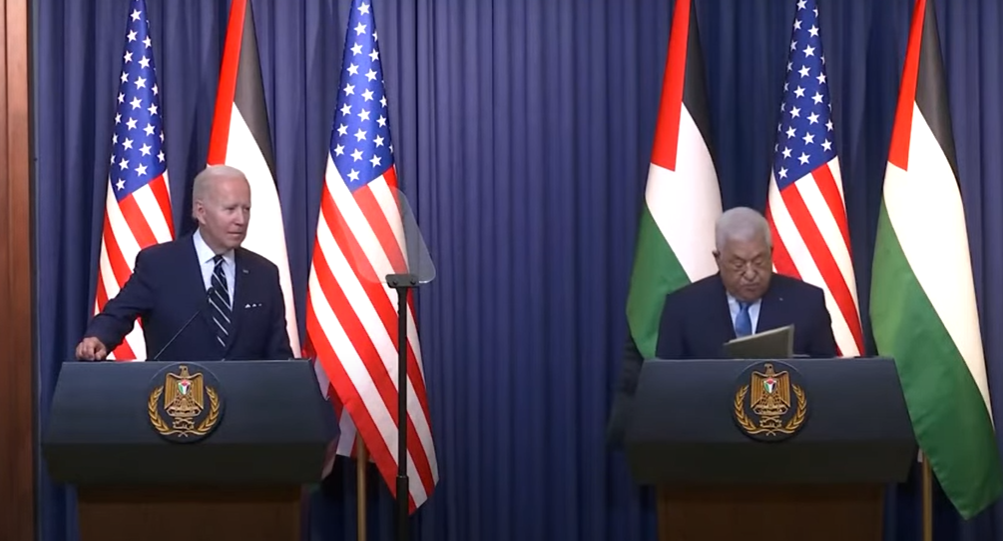PA President Mahmoud Abbas met with US Secretary of State Tony Blinken at the Muqataa in Ramallah on February 7.
Their discussions encompassed various issues including the conflict in the Gaza Strip, President Biden’s proposed political plan for normalization between Israel and Saudi Arabia contingent upon recognition of an independent Palestinian state within the 1967 borders, and the anticipated reforms within the PA.
Nabil Abu Rudaiyneh, spokesperson for President Abbas, expressed disappointment with the outcomes of the meeting, particularly emphasizing Saudi Arabia’s stance on the Palestinian issue.
Saudi Arabia’s insistence on not normalizing relations with Israel until the establishment of a Palestinian state is viewed as crucial for regional security and stability.
However, American sources indicate that Secretary Blinken also left the meeting disheartened by the lack of progress.
It is reported that Blinken inquired about the status of the reforms announced by Prime Minister Mohammad Ishtayeh approximately two weeks prior, to which President Abbas responded acerbically, questioning Blinken about progress on a Gaza ceasefire and the return of Palestinian tax revenues withheld by Israel.
This response reportedly shocked Blinken.
The reforms, purportedly initiated under American pressure, encompass measures to combat corruption, reorganize security apparatuses, and reform the judicial and tax collection systems.
Nevertheless, senior PA officials assert that President Abbas, aged 88, acquiesced to these reforms begrudgingly to placate the Biden administration, viewing their demands as undue interference in internal affairs.
Despite Fatah’s backing, there are concerns within the PA regarding the Biden administration’s expectations, particularly regarding counterterrorism efforts and measures to curb incitement against Israel. These issues were reportedly not adequately addressed during Blinken’s meeting with Abbas.
A senior Fatah official characterizes the situation as a charade, highlighting Abbas’s longstanding avoidance of comprehensive reforms.
Abbas, they suggest, intends to delay and deflect blame, wary of being perceived as collaborating with the US and Israel.
The Biden administration’s inability to compel meaningful reforms from Abbas underscores the challenge of realizing the envisioned “Revitalized PA.”
It appears that cosmetic changes may be the extent of the PA’s response, with Abbas employing tactics to delay and evade substantive action while shifting responsibility onto Israel.




